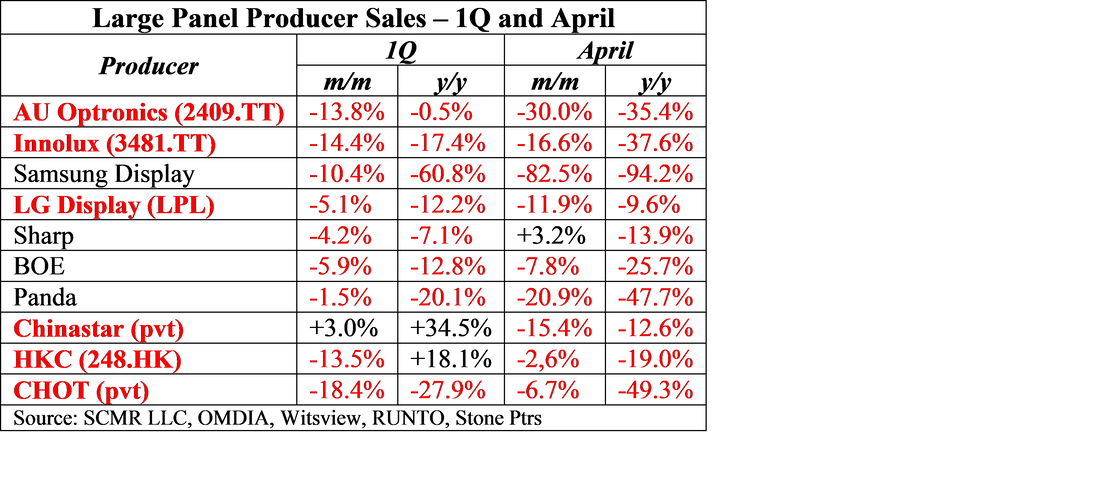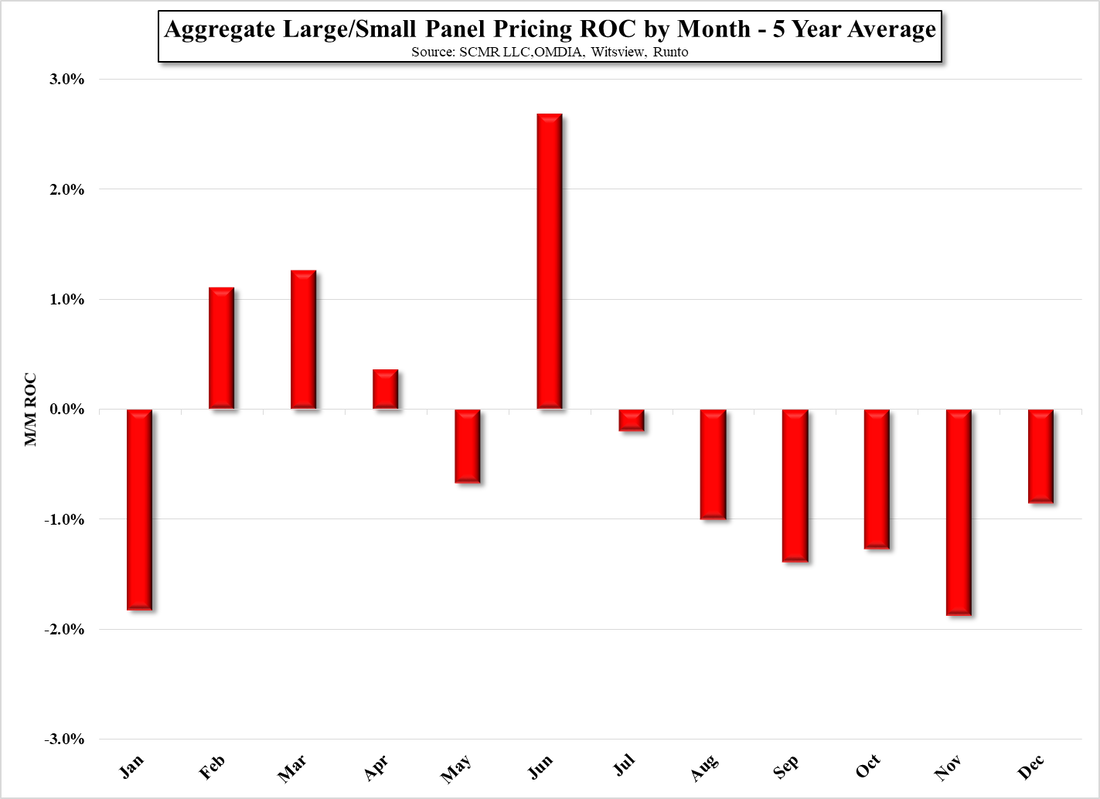HKC Display Gets Regulatory Approval for IPO & Listing
The reasons for this inability could be an failure to contact or locate the parties involved, failure by those parties to demonstrate the disposition of items subject to EAR, or lack of cooperation by a host government with the BIS when making end-use checks. The corporate structure of HKC overall is a bit complex but the company that owns HKC’s Chongqing Gen 8.6 LCD fab (Chuzhou HKC Optoelectronics), which is owned by HKC and two Chongqing government entities, had submitted proposals for the purchase of equipment used in the display process and the US government was unable to verify that the end user for HKC products that were being produced (using US equipment) was not in violation of the BIS rules (no sales to Chinese military).
HKC itself, owns four Gen 8.5 LCD fabs and currently has a ~5.5% share of the total LCD market (by capacity) and an 11.6% share of the Gen 8+ LCD market and this year has been generating between $380m and $430m in sales on a monthly basis. Peak sales were in June of last year when the company generated $540m in LCD panel sales. We expect the actual IPO filing will reveal a bit more detail about HKC, in particular its recent performance as it has not yet released results in 2022.











 RSS Feed
RSS Feed